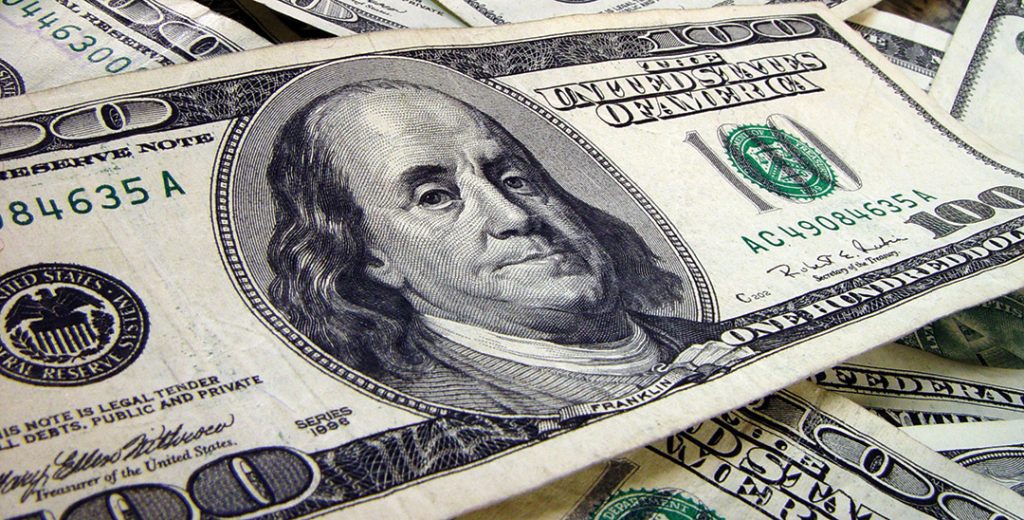by Angelina Spencer, Executive Director of ACE National
Thousands of adult club businesses across the US are feeling the financial strain of the coronavirus pandemic after closing their doors to uphold social distancing practices recommended by the CDC. Some clubs are open (many at limited capacity), running as restaurants without adult entertainment, or still closed. The potentially devastating financial challenges, particularly when other businesses are allowed to open, is extraordinarily frustrating.
If you’re a business owner who is worried about the future, or you’re already struggling to survive, there may be avenues for financial assistance for both your business and your workers.

1. Federal assistance
To help combat the financial fallout from the coronavirus, the government offers special loans for small business owners. The U.S. Small Business Administration (SBA) created a plan to help small businesses affected by coronavirus through affordable loan options.
The disaster assistance loans for small businesses program will offer interest rates of 3.75% for small businesses without credit available elsewhere, and interest rates of 2.75% for nonprofits. The SBA offers long-term repayment options on these loans of up to 30 years. Businesses with credit available elsewhere are not eligible for these loans.
Additionally, the SBA implemented multiple other coronavirus relief options that may apply to your business. Be sure to check out their coronavirus relief options to see how they apply to your business.
There is still one more way to seek federal assistance as a small business. Eligible businesses can apply for an Economic Injury Disaster Loan that, if granted, will provide businesses with a low-interest loan that they will be required to pay back over time. Learn more about how to apply for one of these loans as well as other financial assistance options through the U.S. Chamber of Commerce’s.
Learn more about how to apply for one of these loans as well as other financial assistance options through the U.S. Chamber of Commerce’s small business loans page.

2. Leniency from credit card companies
Many credit card companies have released statements announcing that they’ll be giving COVID-19 relief for small businesses too. They’re doing this by waiving service fees for 30 days, or offering other types of disaster relief assistance for small businesses. For example, Citibank recently announced that they’ll waive monthly service fees and fees incurred for early CD withdrawal.
Be sure to check with your bank or credit card company to find out if they are offering any special services during the COVID-19 pandemic, or other business resources. During times of crisis, many lenders and credit card companies are willing to negotiate on payment timelines and fees.
See this list of banks helping customers who are impacted by the coronavirus.
3. State and local resources
COVID-19 relief for businesses varies across different states, cities, and counties. For example, Washington State is offering no-interest loans for businesses that are enduring economic hardship due to the coronavirus pandemic. Meanwhile, New York City has launched the city’s Employee Retention Grant Program to help retain employees as businesses face decreased revenue.
Check with your state’s chamber of commerce to find out what financial assistance and loan options exist in your area for your small business.
4. Coronavirus help for small business through crowdfunding
Fundraising for coronavirus expenses can be a lifeline when your business is struggling during the COVID-19 pandemic. While grants, loans, and stimulus measures can help greatly, it can take weeks—and even months—to receive that type of assistance. But with crowdfunding, you’re able to receive emergency financial assistance immediately.
Many people who are financially secure are now looking to help those affected by COVID-19—and crowdfunding gives them a way to easily do that. Your customers want to show their support and lend a hand to their favorite local business, but they may not know-how. With online fundraising, loyal customers have an actionable way to step up and help you when you and your business need it most.
If your business has already started a GoFundMe and you have questions about how to set up withdrawal to your business bank account, please take a look at our article on business and organization withdrawals.
If your workers own a small business, they may be eligible to receive a $500 grant through GoFundMe’s coronavirus Small Business Relief Fund
GoFundMe has started a Small Business Relief Fund to help small business owners receive the financial support they need to keep their businesses thriving throughout the coronavirus pandemic—and long after. Through the Small Business Relief Fund, qualifying businesses that have raised at least $500 on GoFundMe can receive a matching $500 grant. To find out if you’re eligible and learn about the process, read the Small Business Initiative FAQs.
Further reading:
The Best Fundraising Tips for Small Businesses
Support Black-Owned Businesses in Your Community and Beyond
Help Small Businesses Affected by the Coronavirus
Additional coronavirus resources:
Where to Find Financial Help During the Coronavirus
How Restaurant Workers Impacted by Coronavirus Can Get Help
COVID relief for artists, musicians and entertainers (gig workers)





























